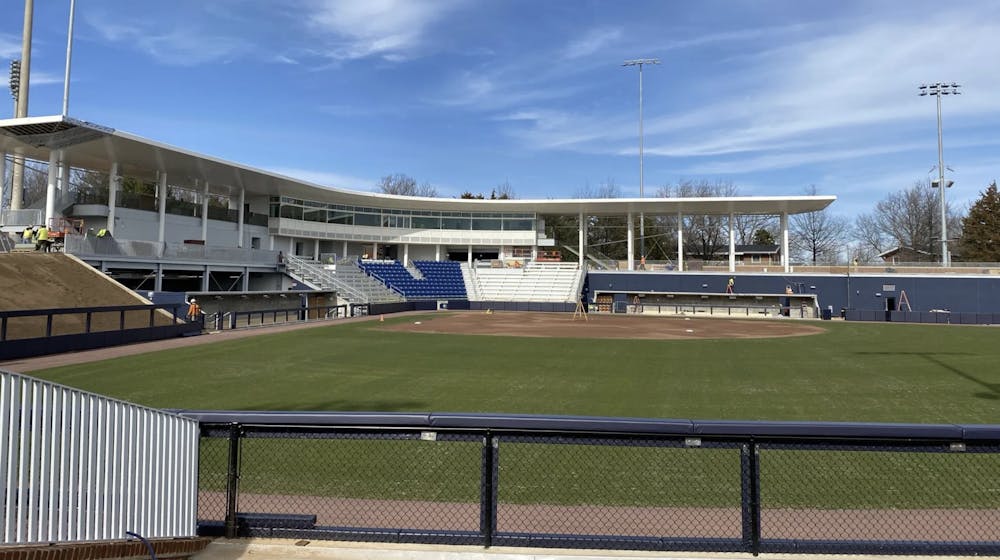Virginia Athletics reported two positive COVID-19 results Monday after administering 944 total tests. This produced a 0.2 positivity percentage over the past week, compared to the 0.7 total positivity percentage since student-athletes returned to Grounds July 5. The athletic department has reported 220 total positive cases since that date.
Once again, the University’s athletic department is experiencing minimal complications on account of COVID-19, reporting just one more case than the previous week. The positive tests were “reported to the Blue Ridge Health District,” the press release states. The individuals “will self-isolate for at least 10 days, or until symptoms are resolving plus 24-hours fever free.” Student-athletes are subject to medical evaluation before returning to competition.
In addition, “close contacts of those who test positive, as determined by the Virginia Department of Health, will also be asked to self-quarantine.” An individual is able to leave quarantine if they remain without symptoms for ten days, or after seven days following a “negative diagnostic or rapid test performed on or after the fifth day.”
The University adheres to the ACC COVID-19 testing protocols, which require “high-risk” sports — such as field hockey, men’s and women’s soccer and wrestling — to be tested three times per week. Comparatively, “low-risk” sports — including track and field, golf and tennis — are tested only once per week.
Just over a week ago, Dean of Students Allen W. Groves notified students via an email that they would be receiving invitations to schedule a vaccination if they so choose in the coming days.
“The vaccine will be given at the COVID Community Vaccination Center in the Seminole Square Shopping Center, 393 Hillsdale Drive, Charlottesville,” the email stated. Hopefully with the recent expansion of vaccine eligibility across all age groups 16 and older, students and student-athletes alike will continue to combat the virus into obsolescence.
A recently conducted study by the American Heart Association reported less than one percent of college athletes experienced heart complications as a result of contracting COVID-19. It was also concluded that student athletes with pre-existing heart issues were more likely to experience cardiopulmonary symptoms. This study will serve to help colleges determine how to move forward with cardiac-screening protocols upon an athlete’s return to play. According to Jonathan Drezner, director of the University of Washington Medicine Center for Sports Cardiology, cardiac MRIs can be expensive and unnecessary for athletes with minor symptoms — and can even in some cases cause “potential harm.”
There are currently 64 active cases of COVID-19 within the entire University community — 52 of which are students. Quarantine rooms reserved for individuals exposed to the virus are at four percent capacity, whereas isolation rooms for individuals who receive positive test results are just two percent full. Virginia Athletics’ reported cases are included among those listed on the University’s COVID tracker, which is updated Monday through Friday by 4 p.m.







